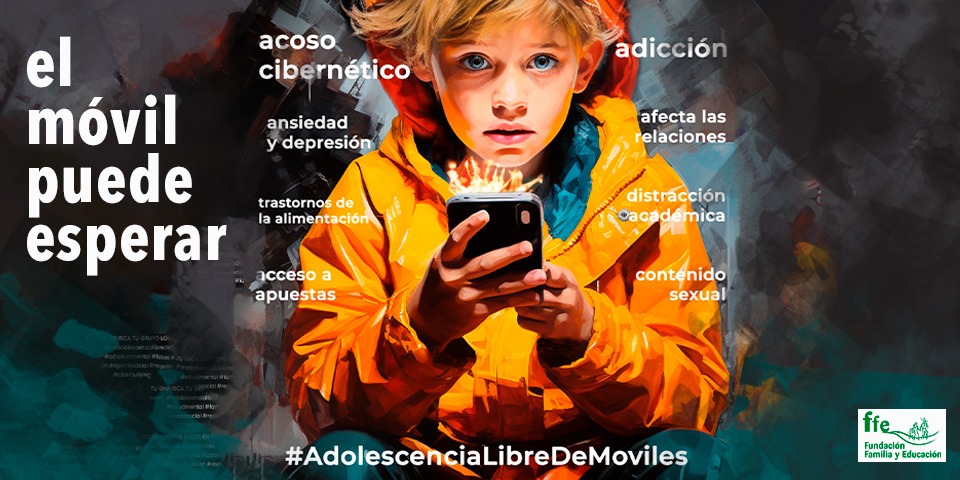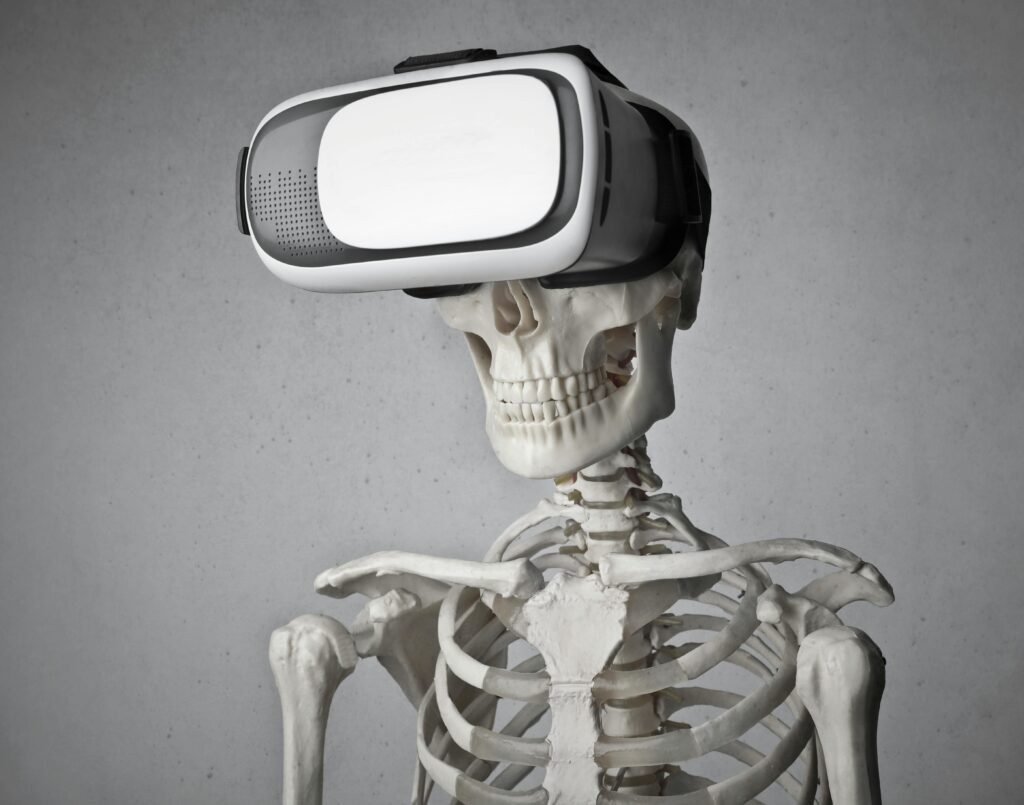The mobile phone can wait
The responsible use of technology in childhood and adolescence, and the crucial role of the family and the Church in digital education

It would perhaps seem more appropriate for a bishop of the Catholic Church to limit himself to stating that the problem is not in technology, but in the use that is made of it. However, I refuse to remain in that neutral position because today we have sufficient data to affirm that a good part of computer applications have been intentionally designed to trap their users. And, for that reason, I think that, in conscience, we must join the social initiatives (#Mobile-FreeAdolescence) that have openly positioned themselves against the widespread practice of giving mobile phones to children and adolescents indiscriminately.
If we are minimally honest, we will have to start by recognizing that, beyond the undoubted benefits, the new communication technologies have generated not a few harmful effects on those of us who are adults. The challenge is general and not simply generational. I heard a deceased man of God say: “New technologies are a good servant, but a very bad master.”
Now, if adults have problems in the balanced management of social networks and other computer applications, what is not happening to children and adolescents who are at such a particularly vulnerable stage? The data ‘sing’: Since 2019, the phenomenon of self-harm has increased by 592% (ANAR Foundation data). 20% of adolescents have self-harmed at some point, and 11.5% have done so frequently (ANAR). In the last 10 years, there has been a 3,543% increase in suicidal thoughts and attempts (ANAR). Child-to-parent violence has increased by 400% (Police sources). We could continue to flood this article with alarming data…
However, despite the fact that we live in the midst of continuous alerts regarding the mental health emergency that is being generated, no one seems to answer the key question: Who is responsible for this emergency, and who should be expected to take the appropriate measures? Who is going to bell the cat?… The inaction of the authorities seems tragic to me. It is enough to remember the shameful fiasco that was reduced to the promise of the Spanish Government, who had announced at the beginning of the school year measures that would prevent minors from accessing pornographic, violent and negative content. Everything ended in nothing, making clear the lack of will to intervene.
At this point it should be clear to us that what the family itself does not do, the public authority will not do; and although I think we are arriving late, it is vital that, in a subsidiary way, the Church offers itself to families to help in digital education. In our Diocese of Orihuela-Alicante we are preparing to implement a digital responsibility project in our diocesan schools, with the aim of enabling families to support each other, making converging decisions, and finally, putting them into a family pact. We have a lot at stake in the challenge of how to integrate the use of technology into family life.
We know that it is not easy to cure bad habits acquired in the use of technology, and that is why we should start by eradicating the giving of mobile phones at an early age. To give an example, it is a real tragedy that first communion gifts are the door through which pornography becomes present in the lives of children. More and more professionals are advising that we delay the purchase of a mobile phone for our children until they are 16 years old.
Dates are approaching when consumer propaganda encourages us to make many purchases without sufficient discernment: November 29 will be Black Friday; December 2, Cyber Monday; And although – naive us – it might seem that the Christmas and Three Kings’ Day festivities mark the end, the January sales will take care of getting us out of this deception, since the incitement to consumerism has no end.
It would be unfortunate if we let ourselves be dragged into this maelstrom by opting for a poisoned gift… The mobile phone can wait!
 (EN)
(EN)
 (ES)
(ES)
 (IT)
(IT)





